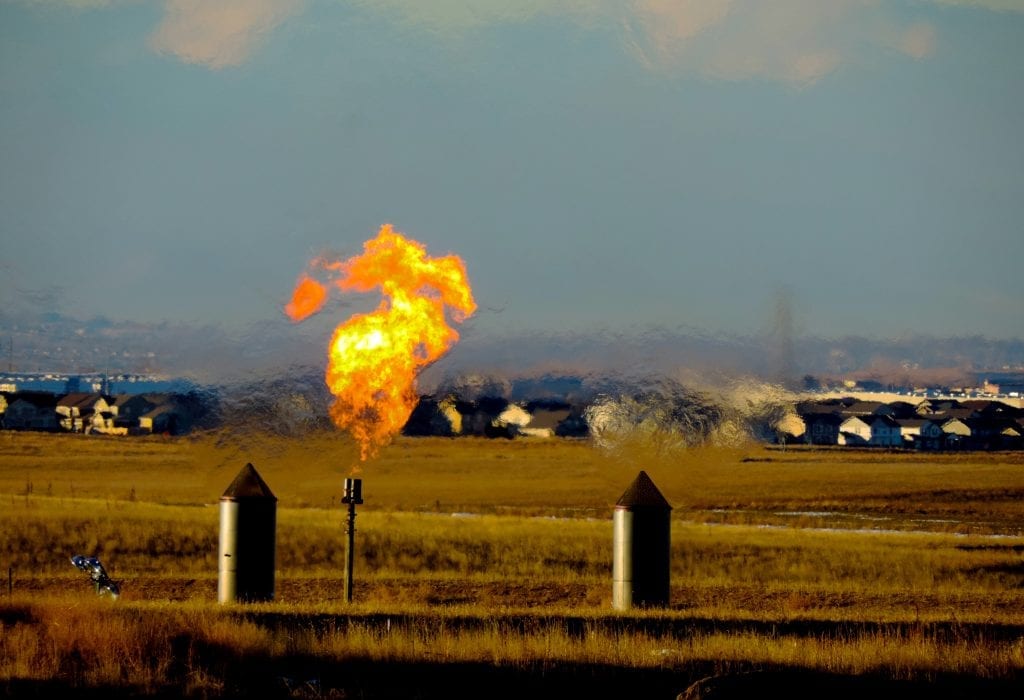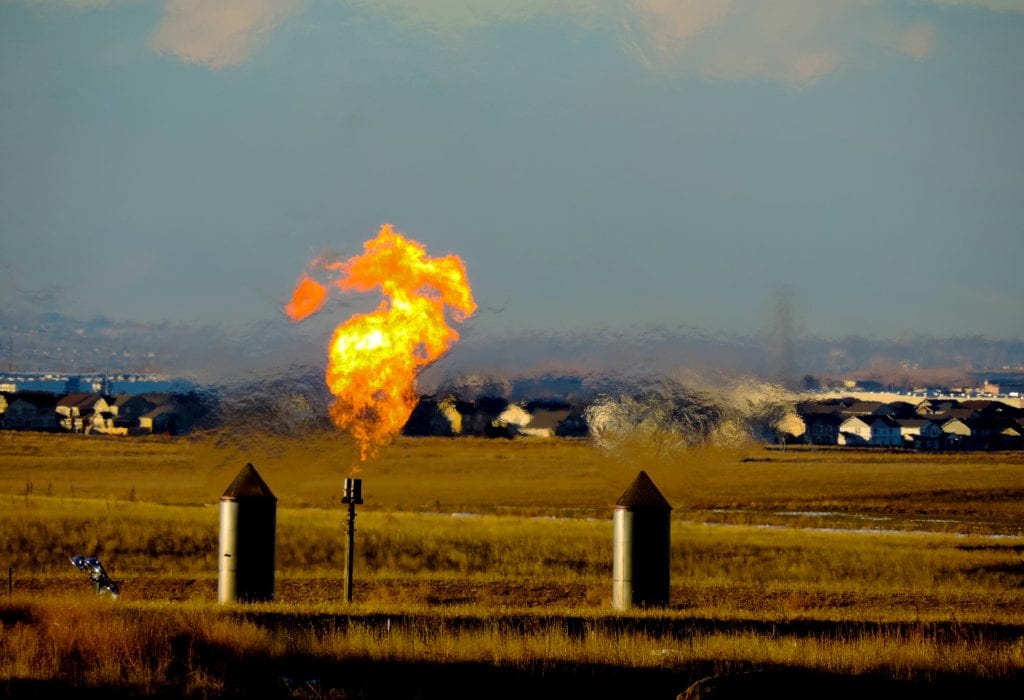
This week, we took aim at the Trump Administration’s plans to sacrifice our public lands for fracking in Colorado and Wyoming.
In administrative appeals, we targeted the U.S. Bureau of Land Management’s plans to sell more than 760,000 acres of public lands in Wyoming to the oil and gas industry. We also confronted the Bureau’s approval of 38 new oil and gas wells in Colorado’s Denver Metro area.
It’s hard to compare the heavily populated Denver Metro Area with remote Wyoming, but surprisingly, the two region’s share a lot in common when it comes to oil and gas.
For one, there are extensive amounts of publicly owned and federally managed minerals in both areas. This means the U.S. Bureau of Land Management plays a major role in deciding whether or not to approve any fracking.
Second, both Wyoming and the Denver Metro area are suffering from dangerous levels of smog pollution caused by oil and gas development.
Ground-level ozone, the key ingredient of smog, is normally a big city problem. However, in the American West, it’s actually an oil and gas problem.
And, unfortunately, in both Wyoming and the Denver Metro area, the Bureau of Land Management is turning its back on its duty to safeguard clean air and public health from unchecked fracking.
Our appeals take aim at the agency’s failure to protect clean air. They also target the failure of the Bureau to account for the climate consequences of authorizing more fracking and more fossil fuel production.
Ultimately, our aim is to keep our oil and gas in the ground.
Because we can’t possibly frack our way to a safe climate. No amount of Trump politics can change the reality that we can ill-afford more oil and gas production from our public lands.
In Colorado, Wyoming, and throughout the American West, we’re stepping up to confront federal fracking approvals. For our clean air, climate, and our public lands, we have to keep it in the ground.
